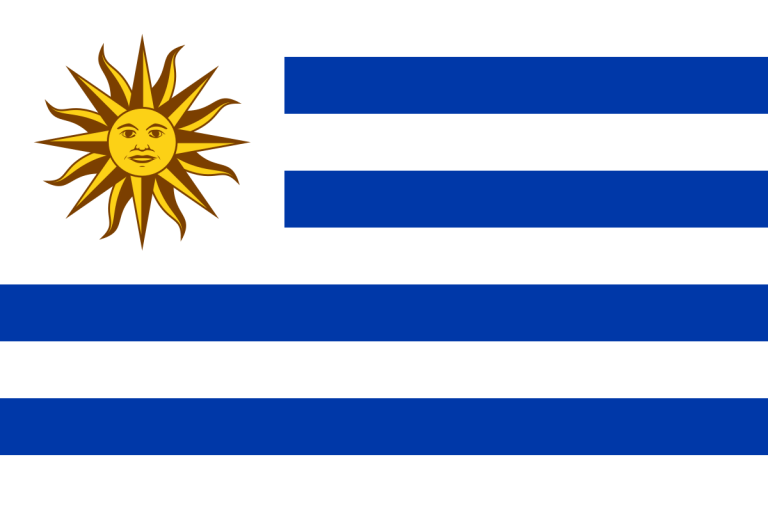🎧 Listen to This Article
The Ministry of Economy and Finance (MEF) has unveiled a comprehensive set of reforms aimed at streamlining foreign trade processes and boosting investment facilitation. Speaking at a press conference on Wednesday, Minister Gabriel Oddone outlined measures designed to reduce bureaucratic barriers and modernize regulations affecting the country’s trade and investment climate.
These initiatives align with the government’s strategic priority to attract investment by fostering regulatory efficiency. The reform package is built around seven core principles:
- Reviewing tariffs and fees
- Replacing certificates with declarations
- Eliminating administrative licenses
- Digitizing key documents and procedures
- Optimizing trade instruments
- Enhancing registration processes for regulated products
- Transforming mandatory interventions into optional ones
Since the beginning of the administration, the MEF team engaged in extensive consultations with private sector representatives, think tanks, consultants, and political stakeholders to design these measures.
Estimated Impact and Scope
According to MEF estimates, the reforms are expected to reduce foreign trade costs by approximately USD 20 million. The measures target around 75% of the roughly 800,000 trade-related documents processed annually.
- 25% of documents will be completely eliminated
- 29% will be digitized
- 7% will be replaced by self-declarations
- 15% will undergo process improvements
Key officials attending the announcement included Isabella Antonaccio, Director of Free Trade Zones; Juan Labraga, Director of Commercial Policy Advisory; and Álvaro Lalanne, trade advisor, who provided further details on implementation.
Specific Measures Breakdown
| Policy Area | Measure |
|---|---|
| Reviewing Tariffs | 20% reduction of the LATU tax on exports |
| Reviewing Tariffs | Elimination of the ANSE fee on maritime imports |
| Reviewing Tariffs | Removal of differentiated IRAE and VAT prepayments on raw materials sales |
| Paperwork Reduction | Removal of negative certificates requirement |
| Paperwork Reduction | Implementation of origin self-certification |
| Paperwork Reduction | Elimination of dual requests for national non-competitive status in investment projects |
| Elimination of Administrative Licenses | Removal of administrative licenses on food products originating from Argentina |
| Digitization | Digitization of phytosanitary export and import certificates |
| Digitization | Digital processing of land cargo documents |
| Optimization | Simplification of temporary admission extension procedures |
| Optimization | Effective implementation of the Drawback mechanism |
| Regulatory Quality | Improvements in registration processes for products under sanitary supervision |
| Regulatory Quality | Empowering the Executive Branch to make customs broker involvement optional for operations below USD 15,000 for exports and USD 10,000 for imports and transits |
Economic and Tax Impact Assessment
These reforms will reduce administrative costs and processing times, thereby improving Uruguay’s trade competitiveness. The digitalization and substitution of certificates with self-declarations are expected to enhance transparency and reduce compliance risks. Lower tariffs and fee eliminations will directly decrease import and export costs, benefiting businesses and ultimately contributing to investment growth and economic expansion.
The move toward optional interventions in customs brokerage for lower-value transactions reflects a pragmatic approach to balancing control with facilitation, which is likely to accelerate small and medium enterprise (SME) participation in international trade.
For further details, clarification, contributions, or any concerns regarding this article, please get in touch with us at editorial@tax.news. We value your feedback and are committed to providing accurate and timely information. Please note that our privacy policy will handle all inquiries.



